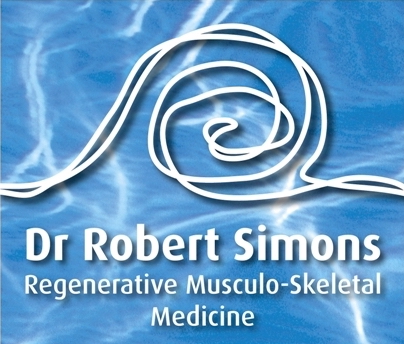Chronic hip pain can arise as a result of many conditions.
Hip pain may present in the groin, at the side of the hip or deep in the gluteal region, of which point to potential causes of the pain.
Common Causes of Groin pain
- Osteoarthritis of the hip joint
- Labral tearing
- Laxity of the hip ligaments
- Inflammation of the capsule of the joint
- Psoas bursitis
- Tendon issues in the muscles of the front and inner side of the joint.
- Osteitis pubis
- Radiated pain from the L1,2,3 lumbar spine
- Stress fracture of femoral head
Common Causes of lateral hip pain
- Tendon injury of the gluteal muscles
- Bursitis of the greater trochanter
- Tendon injury of TFL origin
- Radiated pain from lumbar spine
Common Causes of gluteal pain
- Osteoarthritis of hip joint
- Sacro-iliac joint issues
- Sacro-tuberous ligament injury
- Gluteal muscle injuries(including trigger points)
- Nerve impingement of the sciatic nerve
- Nerve impingement of cluneal nerves
- Hamstring tendon issues
- Radiated pain from lower lumbar spine
- Pelvic organ problems
Assessment
As with all presenting problems, the cause of pain will be determined by history taking, careful examination, imaging (ultrasound, X-ray, MRI, CT), and often by Pain Mapping.
Treatment
Treatment will be discussed after full evaluation. You be provided options of orthobiological treatments to assist the healing of pain, inflammation or degeneration. If your condition is beyond the scope of non-invasive treatment, you will be referred to a surgeon.
Many hip conditions have an underlying mild instability of the hip joint ligaments (iliofemoral ligaments), so that this issue will be addressed as well as the other presenting issues. Also, muscle and tendon dysfunction in the core muscles and pelvic balance may need to be addressed.
Thus we are not only interested in treating the presenting problem, but also seek to treat the underlying issues that predisposed you to the presenting pain causing issue.
This approach will therefore potentially lead to referral to supportive therapies which can address these underlying problems, such as pelvic imbalance and core instability.
